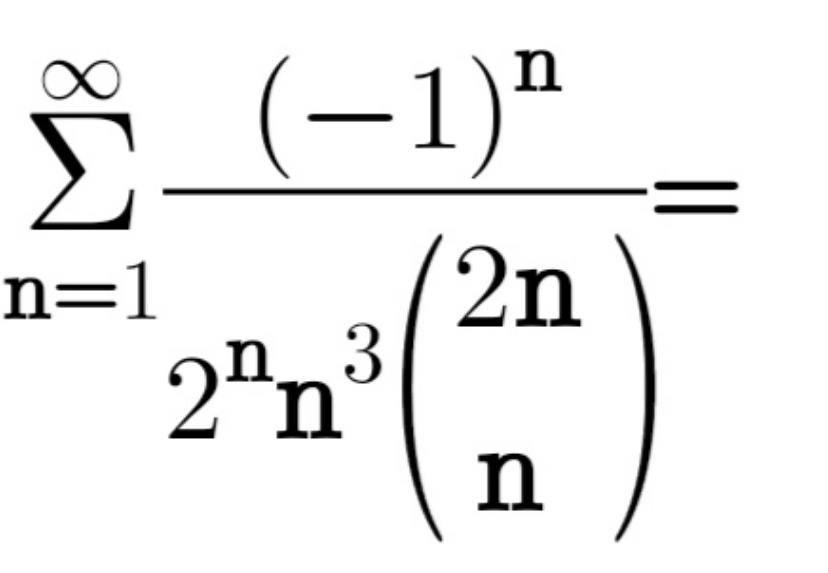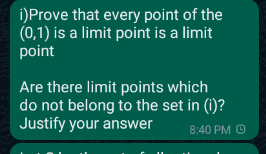
Number TheoryQuestion and Answers: Page 5
Question Number 180776 Answers: 2 Comments: 0
$${Simplify}\:\:\sqrt{\frac{\mathrm{4}}{\:\sqrt{\mathrm{2}}}\:+\:\mathrm{3}}\: \\ $$$$ \\ $$
Question Number 180746 Answers: 2 Comments: 0

Question Number 180115 Answers: 1 Comments: 0

Question Number 178282 Answers: 2 Comments: 0
Question Number 178277 Answers: 0 Comments: 0
Question Number 175799 Answers: 2 Comments: 0
Question Number 175320 Answers: 3 Comments: 3
Question Number 175221 Answers: 2 Comments: 0

Question Number 174567 Answers: 0 Comments: 0

Question Number 174566 Answers: 1 Comments: 0

Question Number 172210 Answers: 2 Comments: 4
Question Number 171431 Answers: 0 Comments: 0

Question Number 171359 Answers: 1 Comments: 0
Question Number 170772 Answers: 0 Comments: 0

Question Number 170046 Answers: 2 Comments: 0
Question Number 170003 Answers: 1 Comments: 1
Question Number 169982 Answers: 0 Comments: 0
Question Number 169541 Answers: 1 Comments: 0

Question Number 168937 Answers: 1 Comments: 0
Question Number 168885 Answers: 0 Comments: 11
Question Number 168823 Answers: 2 Comments: 0
Question Number 168443 Answers: 0 Comments: 0

Question Number 168158 Answers: 0 Comments: 0

Question Number 167725 Answers: 1 Comments: 4
Question Number 167650 Answers: 1 Comments: 4
Question Number 167189 Answers: 0 Comments: 1

